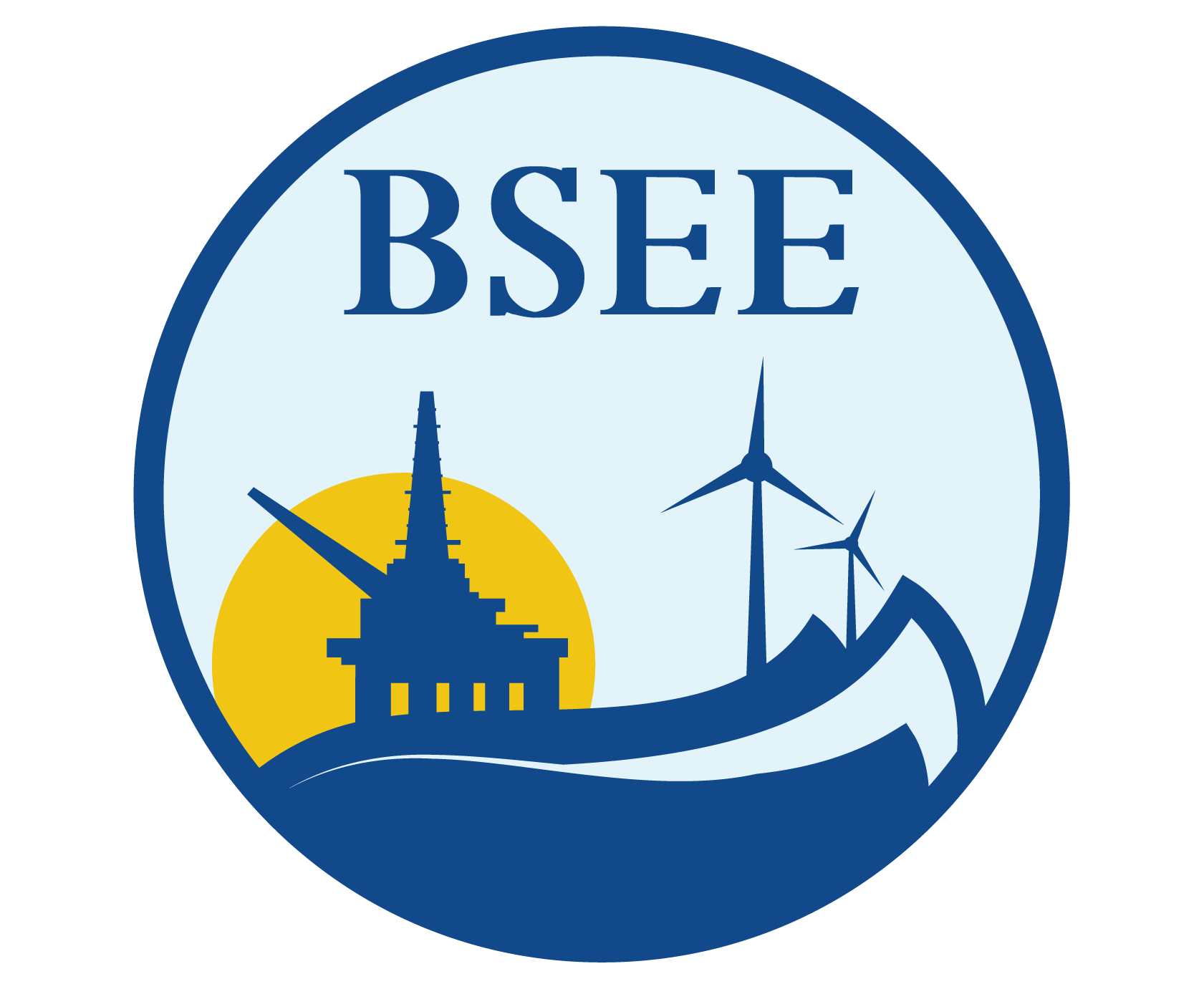WASHINGTON- In an effort to provide greater clarity and consistency, the Bureau of Safety and Environmental Enforcement (BSEE) today issued a Notice to Lessees (NTL) to the offshore oil and natural gas industry regarding the development of Oil Spill Response Plans (OSRP).
The NTL provides clarification of the bureau’s application of existing regulations concerning the preparation and submittal of a regional OSRP, incorporating lessons learned from the 2010 Deepwater Horizon tragedy. The bureau has approved nearly 80 regional OSRPs since the Deepwater Horizon oil spill using the approach outlined in today’s NTL and working with each company individually. The NTL is intended to provide transparency and improve the efficiency of the review process.
'The Deepwater Horizon response made it clear that existing oil spill response plans were not up to the task of containing and cleaning up a massive offshore blowout,' said BSEE Director James A. Watson. 'We have been using our existing authority to require more robust plans for some time now, and this NTL clarifies that approach for the industry and the public. It will assist industry in preparing response plans that will provide for a rapid, effective response to a worst case scenario.'
BSEE’s Oil Spill Response Division reviews each OSRP submitted by industry to ensure that the overall proposed strategy includes the necessary resources to deal with the anticipated worst case discharge in a given offshore region, including access to capping and containment equipment necessary to control a subsea blowout.
When appropriate, the bureau will also consider incorporating a range of strategies into the OSRP. These strategies include the use of aerial and subsea dispersants; technologically advanced mechanical response equipment; vessels with more effective recovery rates; in situ burning; and surveillance equipment, such as X-band radar that would make night operations possible.
Today’s NTL does not change existing regulations.
In the two years following the Deepwater Horizon tragedy, BSEE has implemented the most aggressive and comprehensive offshore oil and gas regulatory reforms in the nation’s history resulting in significant enhancements to safety and environmental protection. To date, the bureau has approved more than 750 permits for oil and gas activities in the Gulf of Mexico that meet these enhanced requirements. To learn more about the bureau’s efforts to promote safety and environmental protection across the offshore oil and gas industry, please visit: http://www.bsee.gov.
-BSEE-
